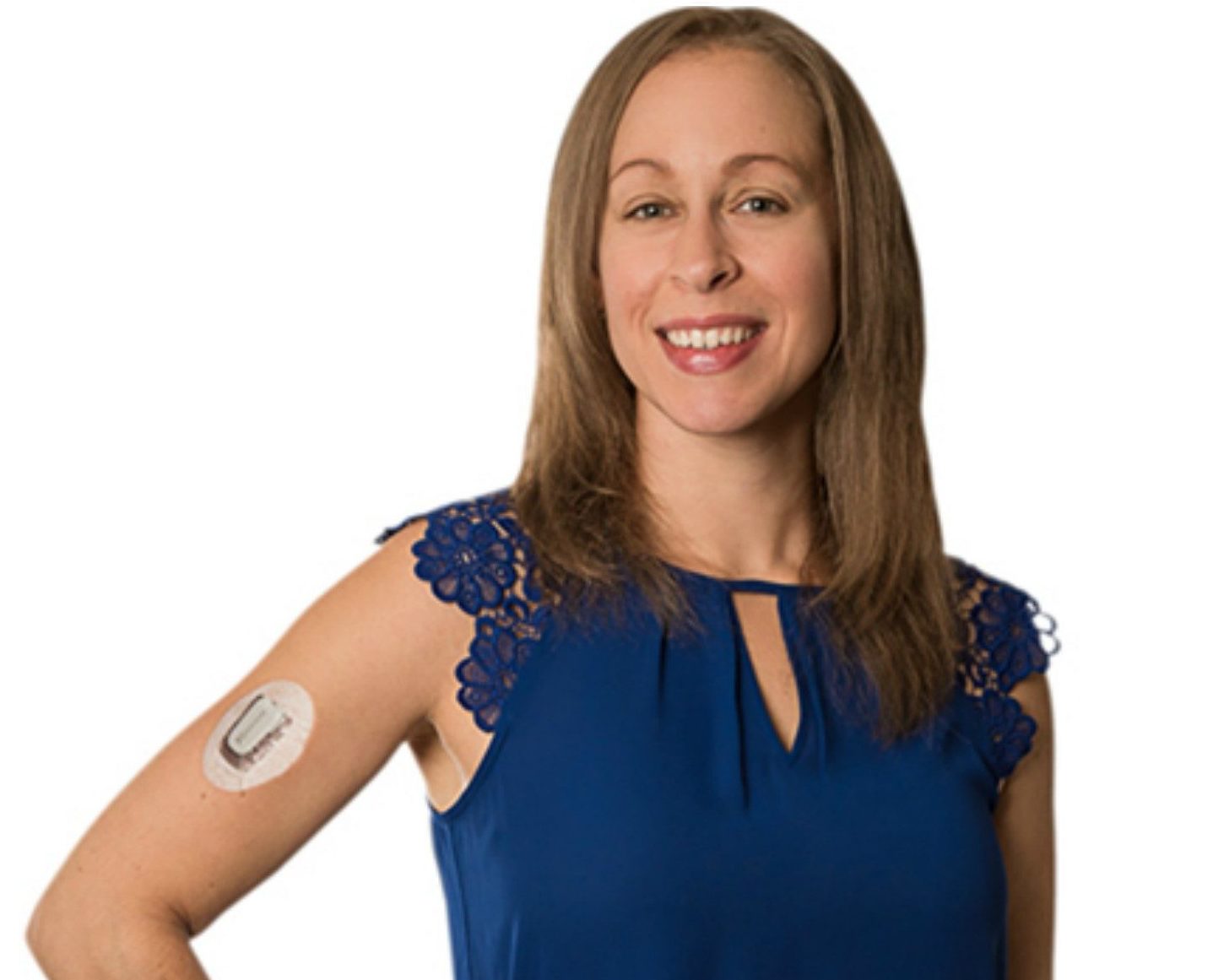From Obese to Athlete with T1D: Turning Adversity into Advantage

When the diagnosis of T1D hits, we all go through a similar chain of heavy, sometimes crushing emotional reactions. Shock, disbelief, sadness, anger, denial, pity, confusion, and fear of the unknown. After the initial lessons on when, how, and how much to inject/bolus, and how to check our blood sugar levels, most of us get sent on our way with not a single word regarding the fact that we need to take the proper time to grieve; to mourn the loss of the person we were before T1D altered ourreality forever. Addressing the intense emotional aspect of diagnosis and living with a chronic disease is very necessary and often overlooked by many HPCs.
On August 25, 1994, the day after my 12th birthday and 3 years after my diagnosis, my father passed away unexpectedly at the age of 55. Combined with the unaddressed emotional fallout of living with diabetes, his sudden death sent me into a deep depression fueled by binge eating and feeling completely helpless and hopeless. I ballooned up to 200 pounds, and my A1C stayed around 13% for the entirety of my teenage life.
After years of introspection, and many attempts at healing my broken relationship with food and exercise, my diabetes, and my mindset, I finally came to a powerful realization that it wasn’t my diabetes that was the problem, it was the choices I was making around my self-care that were slowly killing me. I was knowingly killing myself through my choices, and I wasn’t reflecting the person I felt I was on the inside to the outside world. I knew I needed to change and finally begin embracing my power of self-love.
And so the journey from obese to athlete began. What also began was the first intentional acknowledgement of the fact that I never processed my diagnosis emotionally in the ways we all need to in order to move forward, make progress, and truly love and accept our perfectly imperfect selves.
Why Knowing Isn’t Enough
We all know how important our nutrition habits are in determining our quality of health and life. We all KNOW that we should be eating healthy, nutrient-dense foods. We all KNOW that processed, high-carb, high-sodium foods damage our bodies and wreak havoc on our blood sugars. But knowing is not enough; common knowledge is not common practice! Without consistent ACTION, changes simply will not last.
I didn’t lose 65 pounds and mend my depression and binge eating addiction overnight. It took years of trying, failing, and occasionally succeeding.When something didn’t work I had to pick up the pieces, examine what worked and what didn’t, and move on to the next plan of action. I tried many diets. Some aspects of each I liked and some I didn’t, so I took what worked for me, reassessed, and kept trying, eventually building my own diet that I’ve written a book about! Check out Unleash Your Inner Diabetes Dominator on Amazon!
Make Up Your Mind…It Will Be Hard and It Will Be Worth It
Making life-altering changes is not easy, and to sound as cliché as possible, in order to have something you’ve never had, you have to become someone you’ve never been. In order to succeed at changing our bodies, we must first change our minds.Optimal health is a life-long journey that we GET TO be on if we so choose.
Just like we must mourn the loss of our old selves when we get diagnosed, we must also consciously acknowledge the emotional side of change if we want our changes to be sustainable. We must understand, accept, and embrace that we are unhappy with some aspects of who we are now (just part of being human), and that we are ready to let go and create new habits to shape our next level.
Our Minds and Bodies Are Always Connected
Once I began to feel confident about my nutrition choices in my early 20s, I began to take interest in exercise for the first time in my life. Just like learning about nutrition, I had to learn about exercise; what I liked and didn’t like, and how each type of exercise made me feel.
Fast forward to 2010, I became a certified Personal Trainer whose love for physical fitness grew from non-existent into a burning passion, proving that people can change drastically at any time in their lives once the decision to change is made. Now I am blessed to teach others how to think, eat, and move in ways that allow them to achieve a quality of health and life they previously thought unattainable, the same way I once thought about myself.
Change is the price of surviving and thriving. Change gets a bad rep, but in reality is one of the only things we can be sure will always happen consistently. When we embrace change rather than fear it, amazing things begin to happen.
Lessons Learned
My top three lessons for sustainable transformations are: 1) we must embrace the power of self-love before we can make a meaningful and lasting changes, 2) we must recognize that although we can’t control our diabetes, we can control the choices we make when it comes to our self-care in order to live the healthiest, most vibrant life possible, and 3) we are truly powerful when we acknowledge and participate in our diabetes community.
Don’t be afraid to ask for help; managing a chronic disease is not something that is meant to be done alone, and we are not alone. Asking for the help we need is a true sign of strength.Always be willing to share the knowledge you’ve gained through your own experiences by acting as a peer mentor to those who are willing to ask for help. When we embrace the mindset of service and contribution, we realize that we are so much stronger than we think we are!
http://diabetesdominator.com/
